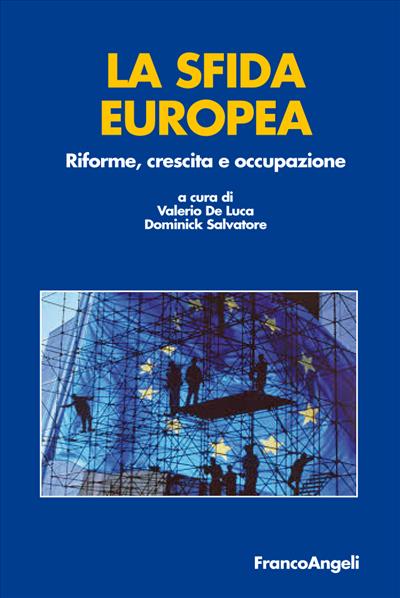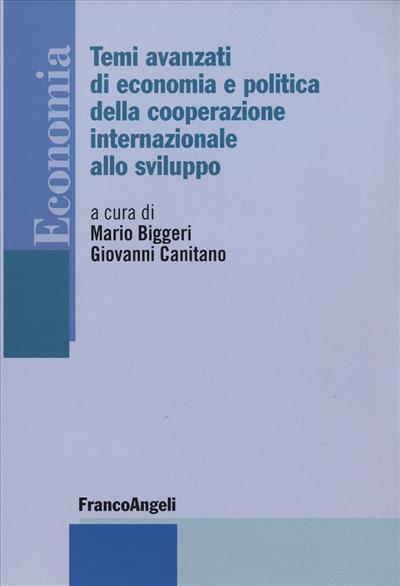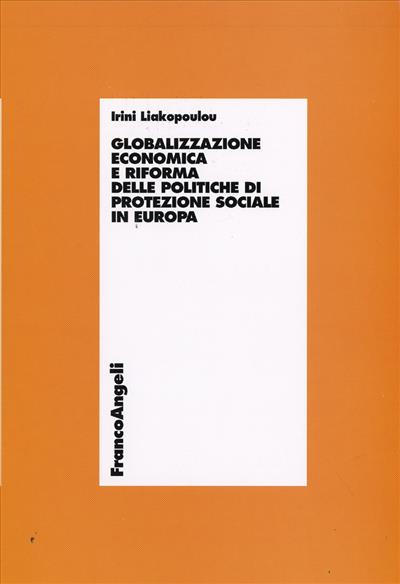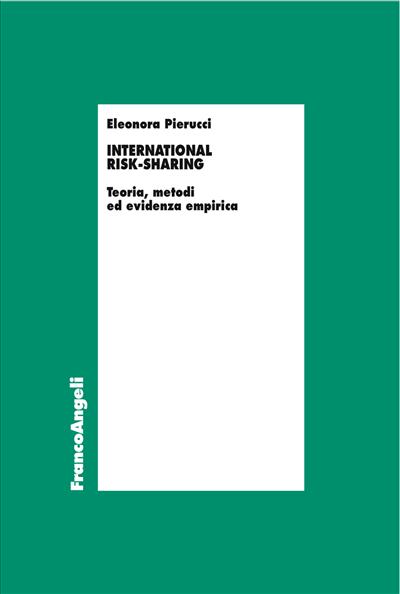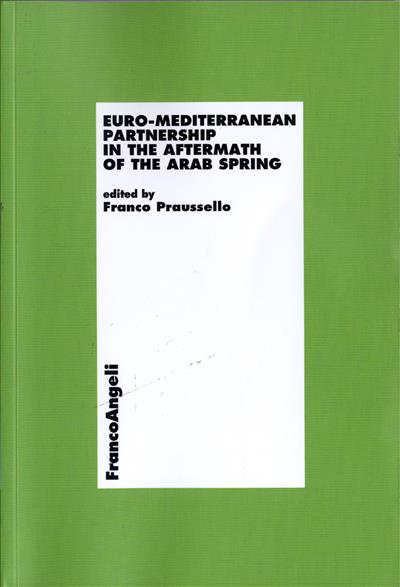
A cura di: Franco Praussello
Euro - mediterranean partnership in the aftermath of the arab spring
The recent democratic upheaval in a number of southern countries, starting with the toppling of Ben Ali in Tunisia and Mubarak in Egypt, can give the EU an opportunity to re-launch the Euro-Mediterranean Partnership on a fresh basis, by recognizing in the first place its responsibilities in the past, not having put the human rights issues at its centre, and by offering the southern and eastern Mediterranean partners genuine equality of conditions.
Pagine: 390
ISBN: 9788856841640
Edizione: 1a edizione 2011
Codice editore: 365.883
Disponibilità: Buona
Pagine: 390
ISBN: 9788856870411
Edizione:1a edizione 2011
Codice editore: 365.883
Possibilità di stampa: No
Possibilità di copia: No
Possibilità di annotazione: No
Formato: PDF con DRM Readium LCP
